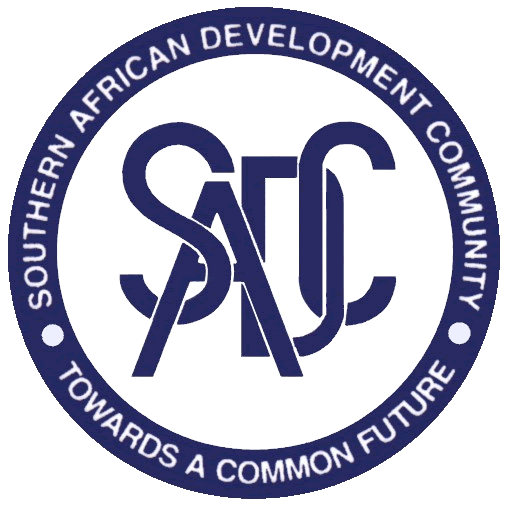The above answer is in terms of the SADC Principles and Guidelines Governing Democratic Elections and prevailing SADC state practices.
Despite recent debates ignited by SADC’s preliminary statement on Zimbabwe’s 2023 elections, claims that SADC overstepped its mandate by critiquing Zimbabwe’s legal framework are incorrect.
SECTION 4.1.1 of the SADC Principles and Guidelines explicitly directs the SADC Election Observer Missions (SEOM) to consider “constitutional and legal guarantees of freedom and rights of the citizens.” Therefore, SEOM is authorized to comment on a country’s constitutional and legal framework, as this is part of their formal observation remit. The nature of these comments, whether positive or negative, hinges on the specific circumstances of each case. Additionally, SECTION 6.1.4 affirms SEOM’s right to “free access to all legislation and regulations governing the electoral process,” enabling them to consider a country’s legal framework as measured against SADC principles relating to elections.
Contrary to claims made by commentators like @ProfJNMoyo who gives reference to the comments of the former Mozambique President Joaquim Chisano, historical data corroborates that SEOM indeed evaluates the legal frameworks of countries under observation. This is a salient exercise if SEOM is to make informed statements regarding elections. Below are some examples:
1) The Lesotho SEOM 2022 Preliminary Statement (pages 3-11) criticized Lesotho’s electoral laws, including its Constitution and Electoral Act. The mission, led by Hon Frans Kapofi of Namibia, agreed with stakeholder critiques of Lesotho’s laws.
2) Botswana’s SEOM Preliminary Statement (pages 7, 9, 10, and 11) criticized several aspects of Botswana’s Electoral Act, including voter registration and political funding. The mission was led by the late Hon Lt. Gen. (Retired) Dr. Sibusiso Moyo of Zimbabwe.
3) Mozambique’s SEOM Preliminary Statement (pages 5-6, 10) evaluated Mozambique’s laws in terms of their compliance with SADC Principles and Guidelines. It noted both positive aspects and those that need improvement. The Mission was led by Hon Oppah Muchinguri-Kashiri of Zimbabwe.
The reference to missions that were led by Zimbabwean nationals in the above examples is to note that what is good for the goose is good for the gander. To reverse quote what @ProfJNMoyo once quoted, “if we did it, they can did it too”.
The main point is: SEOM is well within its mandate to comment on the legal frameworks of the countries it observes, as that is critical in evaluating whether a particular election meets the SADC Principles and Guidelines Governing Democratic Elections. It is one thing for a state to say “I disagree with the findings of SEOM” – which is well within the sovereign rights of a state – but, it is another thing to say SEOM acted ultra vires.
Post published in: Citizen Journalist


